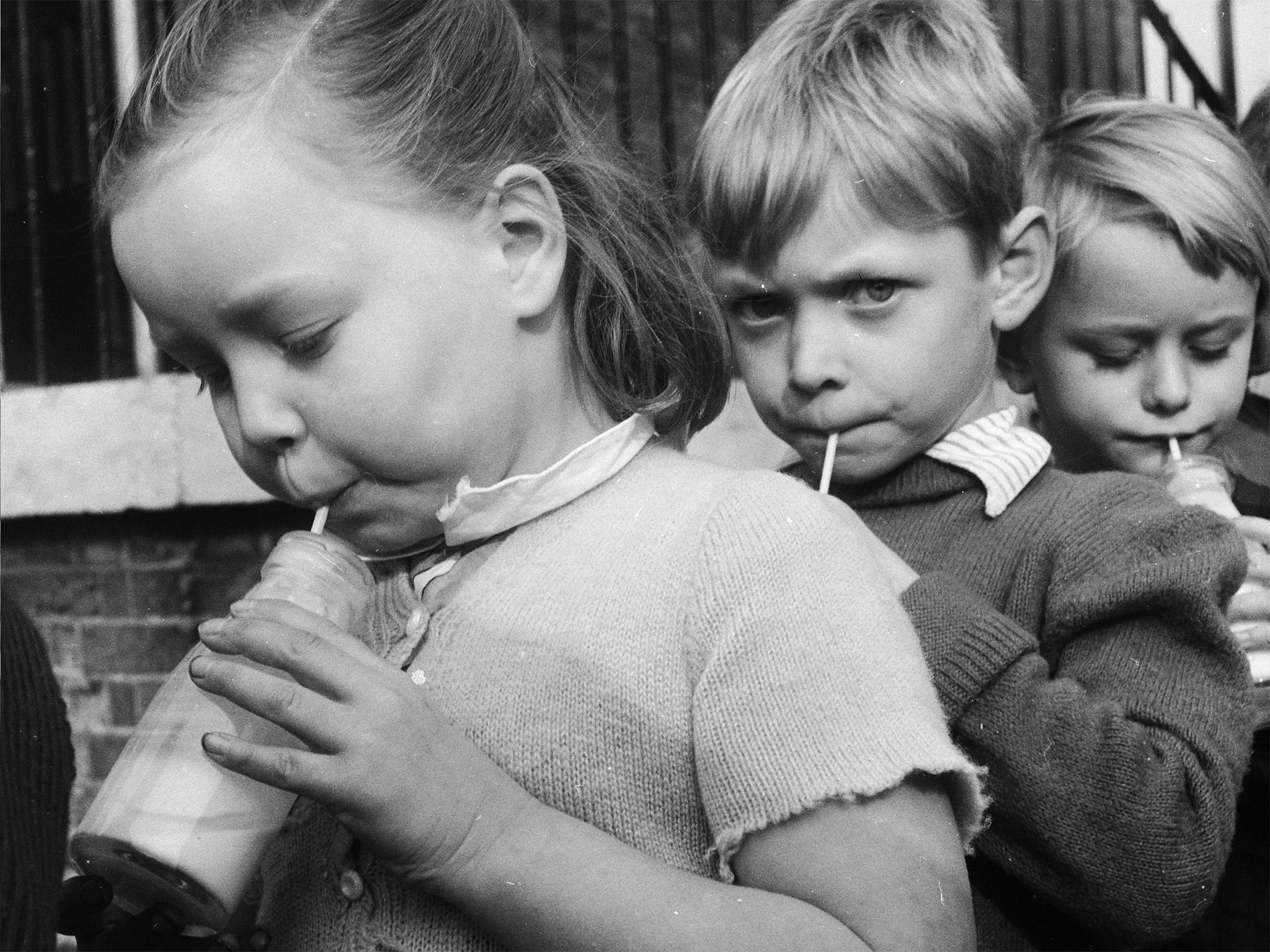Milk might not be as good for us as we thought, study suggests
Scientists urge caution over findings

Drinking milk may not protect our bones from fractures - and could even increase a person’s risk of dying from heart disease, according to a major new study in Sweden.
In surprising results, an investigation into dietary habits of more than 100,000 people found those who drank more milk were no less likely to break a bone. Among women, higher milk consumption was actually linked to an increased risk of hip fractures.
Even more strikingly, people who drank more than three glasses of milk – around 680ml – per day, were more likely to die over the course of the study, which tracked 60,000 women for 20 years, and 45,000 men for 11 years.
The effect was most pronounced among women, who were nearly twice as likely to die, with heart disease the condition with the strongest links to higher milk consumption.
Although potentially alarming, the authors of the study from Uppsala University urged caution and said their evidence was not strong enough for dietary recommendations to change.
Women who took part in the study were aged 39-74, and the men 45-79 when the research began, so it is not surprising that significant numbers died over the following two decades. The study was observational, matching people’s self-reported answers to dietary surveys with their medical records, and does not prove cause and effect.
Although the researchers took several confounding factors such as smoking rates, alcohol use and weight into account, commentators said their influence may have been understated.
However, experts from several countries agreed that the results merited further investigation.
“As milk consumption may rise globally with economic development and increasing consumption of animal source foods, the role of milk in mortality needs to be established definitively now,” said Professor Mary Schooling, of City University of New York’s school of public health.
The study is published in the British Medical Journal.
Current dietary guidelines recommend milk and other dairy products as good sources of protein and calcium, which is essential for healthy bones. There is no suggestion in the study that drinking one glass of milk a day is unhealthy. The researchers did not make a distinction between full fat, semi-skimmed or skimmed milk.
Intriguingly, other dairy products including yoghurt and cheese were linked with better bone health and lower mortality risk.
The authors have suggested that the cause of milk’s adverse effect may be galactose, a type of sugar, high levels of which are present in non-fermented milk but not in fermented products. Galactose has been shown to have harmful effects such as inflammation and chemical imbalances in animal studies, but evidence of their role in human health is scant.
Gaynor Bussell, a dietician and public health nutritionist said that the study was interesting but warned that food questionnaires were “not the gold standard” for understanding daily intake.
“We do know that increase in inflammation is associated with reduced bone density and so the effect of galactose certainly needs to be looked at in further studies,” she said.
“Calcium is required in the diet for bone health and we require approximately the daily amount of calcium that’s in about a pint of milk. So milk is a very convenient source of calcium as well as many other vitamins and minerals. Some caution is required here in interpreting the results and so I would urge some more research in this area that can back or refute these findings. One such study is insufficient to base public health decisions on.”
Join our commenting forum
Join thought-provoking conversations, follow other Independent readers and see their replies
Comments
Bookmark popover
Removed from bookmarks